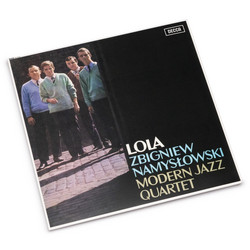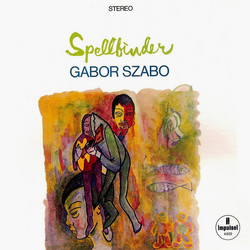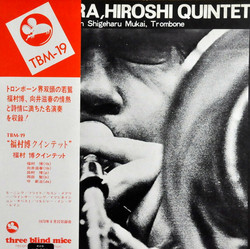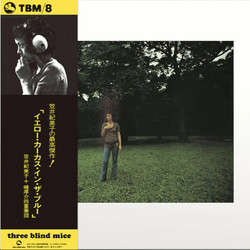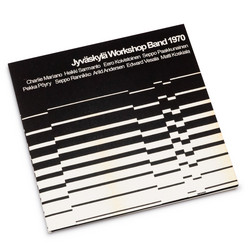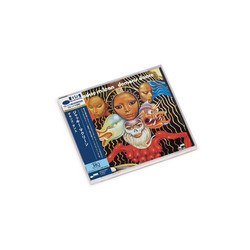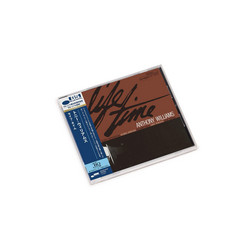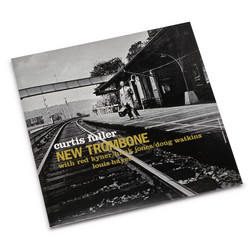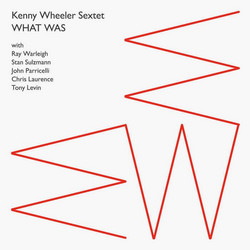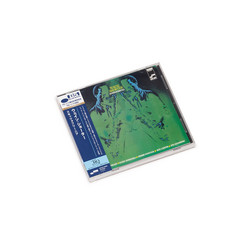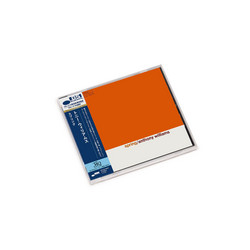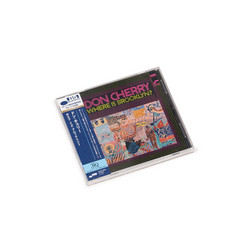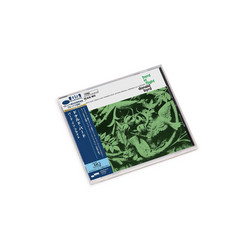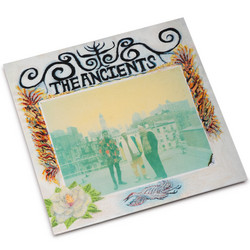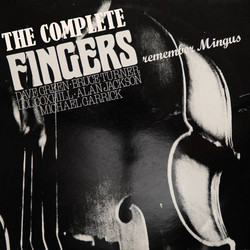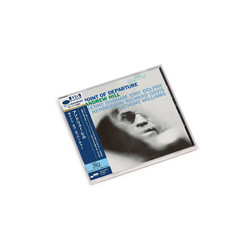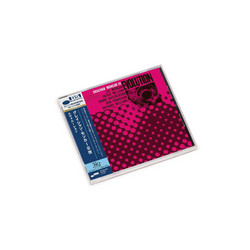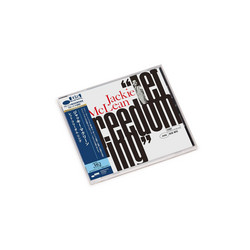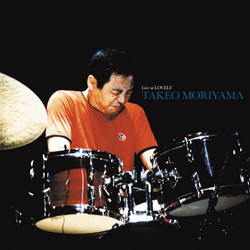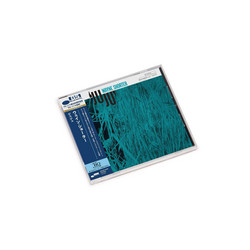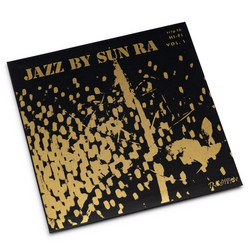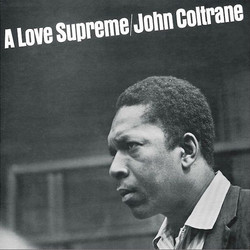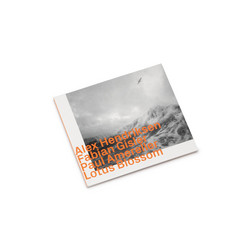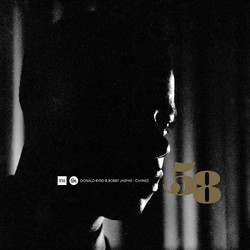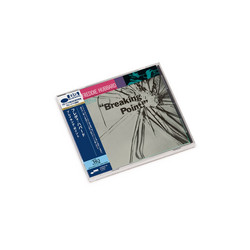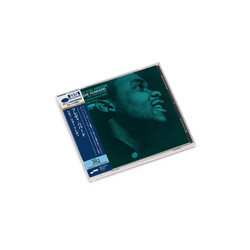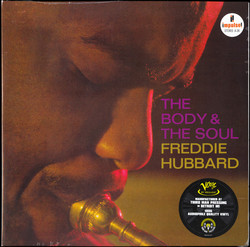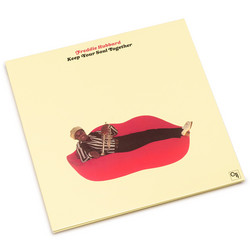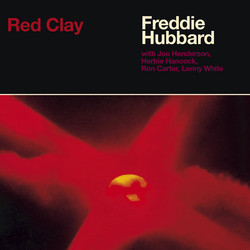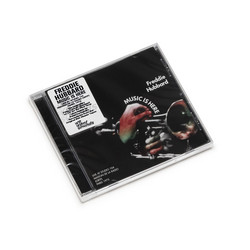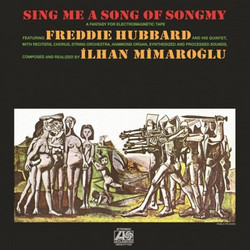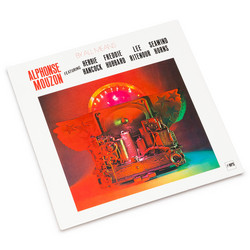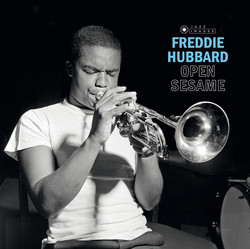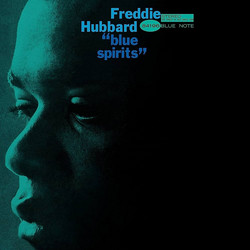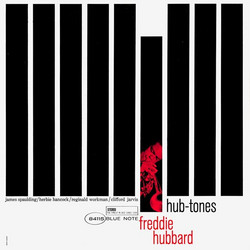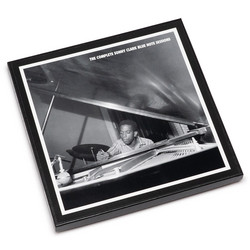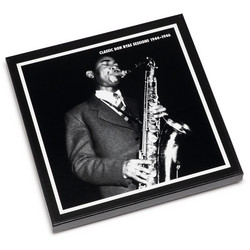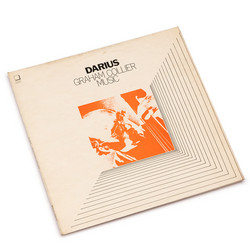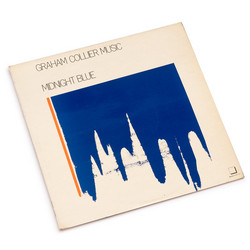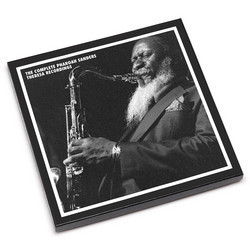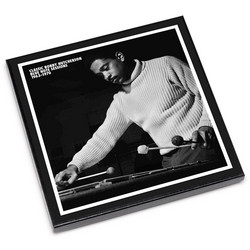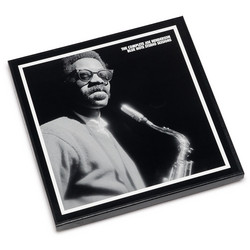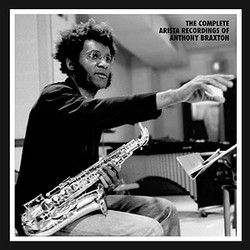Freddie Hubbard didn’t just play trumpet, he played THE trumpet – he played with commanding strength and a rich, broad tone, he played with warmth and seduction, he played its entire spectrum from low register to high. Knowing it to be an instrument designed to respond well to dexterity, he became a virtuoso capable of dizzying 16th-note runs through surprising chord inversions, each the exact right note in the moment. He used his embouchure in new ways to bend and caress the sound, something more associated with saxophone players than brass. There wasn’t one aspect of trumpet playing that Freddie Hubbard didn’t master on the road to becoming one of the most consummate jazz soloists in the music’s history.
Even at the start of his career, Hubbard’s command over his tone was exceptional. He could achieve deep and moving warmth, yet also unleash a ringing, brilliant call-to-attention when the composition demanded. As for his soloing, it’s possible that his experience with the Jazz Messengers – which featured an expanded front line leading to shorter solos – taught him the value of what one writer called his “narrative clarity.” Hubbard seemed to say more, and more coherently, without losing the thread in his solo statements.
A broad spectrum of leaders wanted his power, his weight, his taste, and his inventiveness.
No wonder he was busy almost continuously from the moment he hit New York at the age of 20, already a working musician and immediately in demand. He became known mostly for a sound associated with Blue Note Records and hard bop, but quickly he was everywhere doing everything — with Eric Dolphy (his roommate) on “Outward Bound,” Ornette Coleman on “Free Jazz,” Herbie Hancock on “Maiden Voyage,” John Coltrane on “Ascension,” Wayne Shorter on “Speak No Evil,” and Oliver Nelson on “The Blues and the Abstract Truth.”
His work with Art Blakey’s sextet from 1961 to ‘64 catapulted his compositional and improvisational talents to the world stage. That relationship yielded ten albums and introduced such Hubbard classics as “Down Under,” “Crisis,” “Up Jumped Spring” and “Thermo.”
Now at last Freddie gets his own seven-CD box set, with a special twist. Thanks to a special arrangement with the labels, we were able to package “The Complete Freddie Hubbard Blue Note & Impulse ‘60s Studio Sessions” in one box, representing every studio date he led from 1960 to 1966.
There’s never been a better way to trace his development as an artist or own some of the most significant music of his long career. It was an era when musicians like Hubbard weren’t only making great music. They were making music history.
With exceptional arrangements by Wayne Shorter in three distinctive settings (big band, strings and small group), the album “The Body & The Soul” is a window into the work of a musician in complete control. From the flawless rendition of “Body And Soul” which he embraces, completely subduing the instrument’s brassiness, to the sharper and more piercing approach to Ellington’s “Chocolate Shake” and the experimental vibe of “Clarence’s Place” featuring Eric Dolphy’s jabs and jolts.
His ballad mastery on “But Beautiful,” his sensitivity on “Cry Me Not,” the simmering intensity of “Luana,” and taut blowing on “Earmon Jr.” stand out, as does his cheerful, bright approach to “Happy Times” and his fleet, sure-footed flurry on “Philly Mignon.” It’s hard to imagine one musician leading four dates in the span of 16 months, while simultaneously participating on “Doin’ Alright” with Dexter Gordon, “Africa/Brass” and “Ole Coltrane” with John Coltrane, and holding down the trumpet chair with Art Blakey, but that was Hubbard at his finest.
*Our box includes our exclusive Mosaic booklet featuring a complete discography and an essay and track-by-track analysis from our Blue Note chronicler Bob Blumenthal.
The 12 x 12 booklet is rich with beautifully reproduced images from master photographer Francis Wolff. With over 30 photographs, many from the actual sessions, Wolff’s images capture great musicians making history.
All sessions are sourced from the original analog masters. Thanks to current 24 bit/192 hKz technology and dramatic improvement in analog to digital converters, the sound on this set is far superior to any previous CD issues and is astonishingly close to that of audiophile vinyl.*
